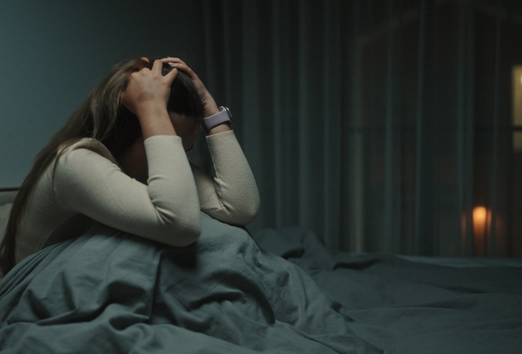Understanding Behavioral Disorders in Children: Early Signs and Symptoms
Behavioral disorders in children are more common than many parents realize. As children grow, their behaviors evolve, and some behaviors may be a sign of an underlying issue that requires professional attention. Recognizing the early signs and symptoms of behavioral disorders can make a significant difference in how a child develops emotionally and socially. Dr. Ruchi Gupta, a renowned clinical psychologist, emphasizes the importance of early intervention in helping children overcome behavioral challenges.
What Are Behavioral Disorders?
Early Signs of Behavioral Disorders in Children
The first step in addressing behavioral disorders is recognizing the early signs. While every child is different, some common symptoms that could indicate the presence of a behavioral disorder include:
Excessive Aggression: Children with behavioral disorders may display extreme aggression, either towards others or themselves. This can include frequent temper tantrums, hitting, biting, or constant verbal outbursts. Aggression is often an attempt to communicate feelings of frustration, anger, or fear.
Constant Lying or Dishonesty: Frequent lying or dishonest behavior can be a red flag. Children may lie to avoid punishment or manipulate situations to get what they want. While occasional fibbing is normal, persistent lying could indicate deeper issues that need attention.
Hyperactivity and Impulsivity: Some children may have difficulty sitting still, controlling their impulses, or paying attention. This behavior, often seen in children with ADHD (Attention Deficit Hyperactivity Disorder), can interfere with their ability to focus in school and at home.
Difficulty Following Rules: Children who consistently disregard authority and have trouble following rules may be struggling with a behavioral disorder. This defiance can lead to challenges in school, home life, and social interactions, especially if it is severe.
Excessive Withdrawal: On the other end of the spectrum, some children may exhibit extreme social withdrawal, avoiding interaction with peers, family members, or even teachers. This can be a sign of depression, anxiety, or other emotional struggles that manifest through behavior.
Mood Swings: Rapid and extreme changes in mood, from euphoria to irritability or sadness, can be an indication of a behavioral or mood disorder. These swings can cause disruption in a child’s ability to function in different environments.
Problems with Schoolwork: Children with behavioral disorders may struggle to focus on or complete schoolwork. Their inability to stay on task, follow directions, or interact positively with classmates can be a sign of deeper emotional or psychological issues.
Why Early Intervention Matters
How Dr. Ruchi Gupta Helps Children with Behavioral Disorders
Dr. Ruchi Gupta, with her extensive experience as a clinical psychologist, takes a comprehensive approach to treating children with behavioral disorders. Through a combination of therapy, behavioral techniques, and family support, she helps children navigate their challenges. The goal is not just to modify behavior, but to understand and address the root causes of the behaviors, whether they are emotional, psychological, or environmental.
Dr. Gupta works closely with parents, helping them understand how to respond to challenging behaviors in a supportive and constructive way. She also provides valuable insights into how to create a nurturing environment at home that promotes healthy emotional development.
Common Types of Behavioral Disorders
There are several different types of behavioral disorders that may affect children. Some of the most common include:
Attention Deficit Hyperactivity Disorder (ADHD): Inattentive, hyperactive, and impulsive.
Oppositional Defiant Disorder (ODD): Involves a pattern of defiant, argumentative, and hostile behavior.
Conduct Disorder: Includes more severe behaviors such as aggression, vandalism, or theft.
Anxiety and Depression: While not always classified as a behavioral disorder, these emotional challenges often lead to behavioral changes such as withdrawal, irritability, or outbursts.
Seeking Professional Help
If you notice that your child is displaying any of these signs consistently, it may be time to consult a professional. Dr. Ruchi Gupta, a trusted clinical psychologist, offers specialized services to children struggling with behavioral disorders. She provides a thorough assessment and works closely with families to develop a personalized treatment plan.
Professional assistance is required in order to deal with and treat behavioral disorders. It helps in bringing improvement in the quality of life for a child and helps in building skills for him or her to excel in schools, homes, and social arenas.
Conclusion
As parents, it’s important to stay vigilant and proactive when it comes to your child’s behavior. Early recognition of behavioral disorders and seeking professional help can make a world of difference in your child’s development. Dr. Ruchi Gupta, clinical psychologist, understands the challenges that parents face and provides compassionate, expert guidance to help children overcome their behavioral difficulties. With the right support and intervention, children can learn to manage their emotions and behaviors, setting them up for a successful and fulfilling life.







